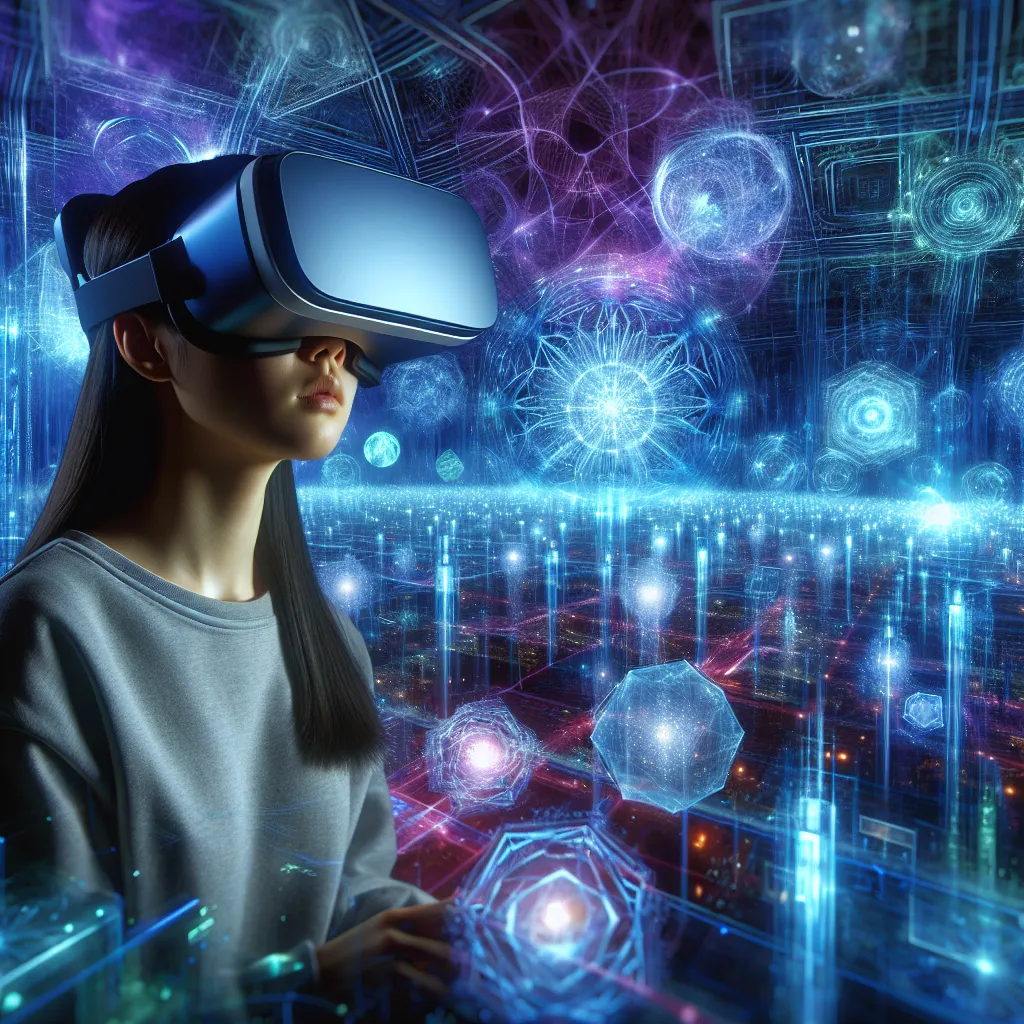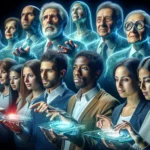The Evolution of VR: From Gaming to Everyday Applications
Virtual Reality (VR) technology has rapidly evolved from being primarily focused on gaming to finding applications in various aspects of everyday life. Initially, VR was synonymous with immersive gaming experiences, transporting players to fantastical worlds and simulated environments. However, as the technology has advanced, its potential for practical and everyday applications has become increasingly apparent.
One of the most significant shifts in the evolution of VR is its integration into fields such as education, healthcare, and professional training. Educational institutions are utilizing VR to provide students with immersive learning experiences, allowing them to explore historical sites, conduct virtual experiments, and engage in interactive simulations. In the healthcare sector, VR is being harnessed for pain management, therapy, and surgical training, offering a safe yet realistic environment for medical professionals to enhance their skills.
Moreover, the use of VR is extending to areas such as architecture and real estate, where virtual tours and simulations enable potential buyers or clients to experience properties without physically visiting them. This not only enhances the viewing experience but also allows for the customization of spaces before they are constructed.
As the capabilities of VR continue to expand, its integration into everyday applications such as virtual meetings, social interactions, and virtual tourism is becoming more prevalent. The potential for remote collaboration, travel experiences, and immersive entertainment indicates that VR is poised to become an integral part of our daily lives.
In conclusion, the evolution of VR from gaming-centric technology to a versatile tool with diverse everyday applications represents a significant advancement. This transformative shift underscores the potential for VR to reshape multiple industries and revolutionize how we interact with the world around us.
Challenges and Opportunities: Shaping the Future of VR Technology
In recent years, Virtual Reality (VR) technology has made significant strides, but its future holds both challenges and opportunities that will shape its development. One of the key challenges facing VR technology is the need for improved hardware to deliver more immersive and realistic experiences. Current VR headsets are bulky and can be uncomfortable to wear for extended periods, limiting widespread adoption. Additionally, the high cost of VR equipment remains a barrier for many potential users, hindering its mainstream appeal.
On the other hand, numerous opportunities exist to propel VR technology forward. Advancements in display technology, such as higher resolution and refresh rates, are crucial for enhancing the visual fidelity of VR experiences. Furthermore, the integration of haptic feedback and motion tracking technologies can further blur the line between the virtual and physical worlds, creating more convincing and engaging VR environments.
Another promising avenue lies in the potential applications of VR beyond gaming and entertainment. Industries such as education, healthcare, and professional training stand to benefit from immersive VR experiences, offering new ways to learn, practice skills, and simulate real-world scenarios. This expansion of VR into various sectors underscores its versatility and potential for real-world impact.
As the future of VR unfolds, addressing these challenges and seizing opportunities will be pivotal in shaping the next generation of VR technology. By overcoming technical limitations and exploring diverse applications, VR has the potential to revolutionize how we interact with digital content and the world around us.
Immersive Experiences: VR’s Impact on Entertainment and Education
The future of VR is poised to revolutionize the way we experience entertainment and education, offering immersive experiences that were once only possible in our wildest dreams. In the realm of entertainment, VR has the potential to transport users to new and captivating worlds, allowing them to interact with their favorite characters and storylines in unprecedented ways. Whether it’s exploring a fantasy realm, participating in a high-octane sporting event, or experiencing a live concert from the front row, VR has the power to completely redefine entertainment as we know it.
Furthermore, in the field of education, VR technology opens up endless possibilities for experiential learning. Students can dive into the heart of historical events, travel to far-flung corners of the globe, or even explore the microscopic wonders of the natural world, all from the confines of their classroom. This immersive approach to education not only makes learning more engaging and enjoyable but also has the potential to improve retention and understanding of complex concepts.
As VR continues to advance, we can expect to see a seismic shift in the way we consume entertainment and engage with educational content. The potential for VR to create deeply immersive experiences in these realms is limitless, and the impact on the entertainment and education industries is likely to be profound.



